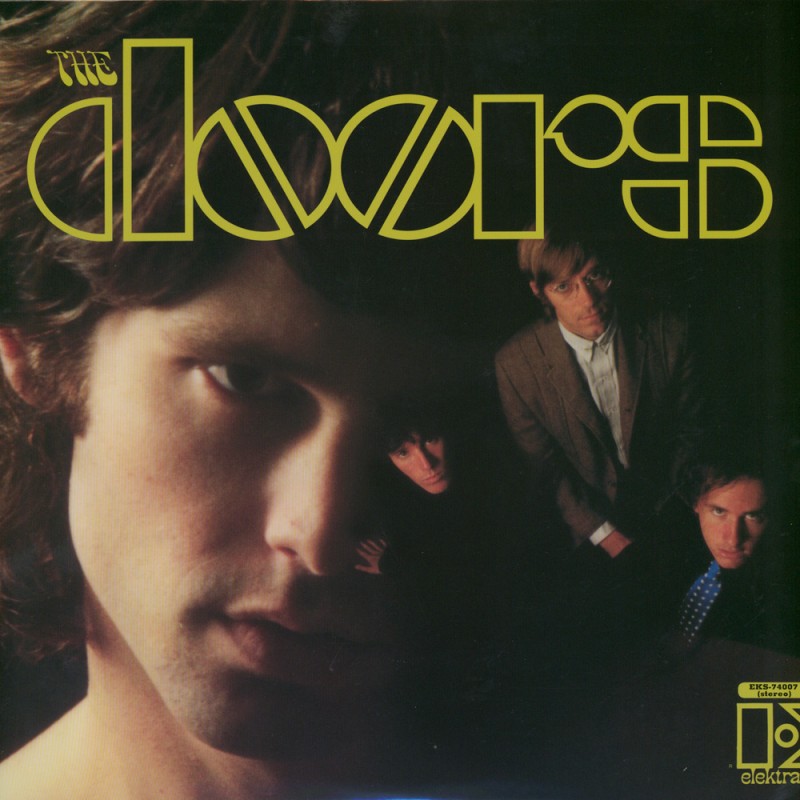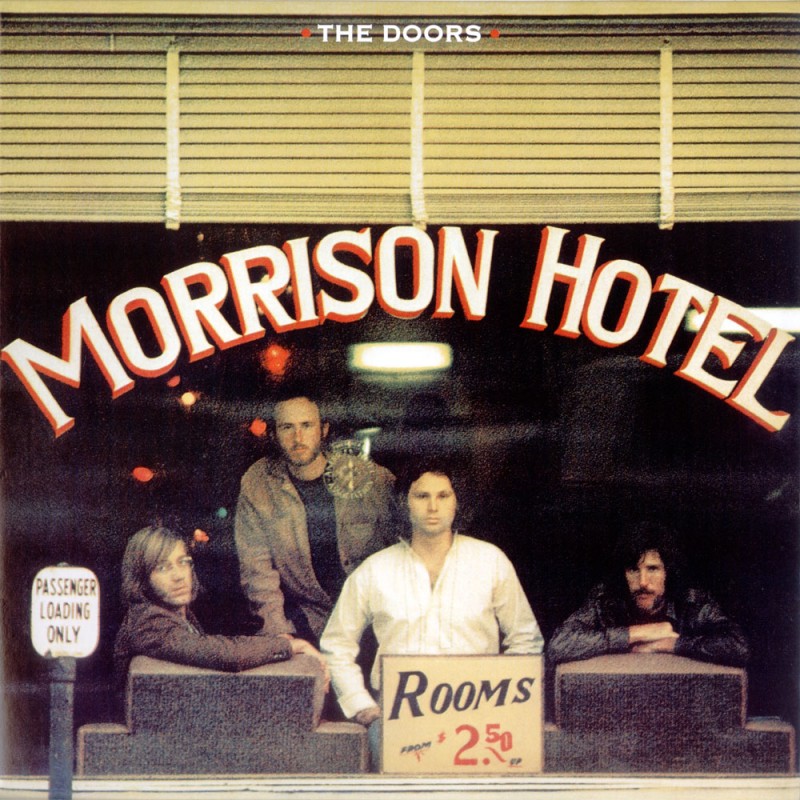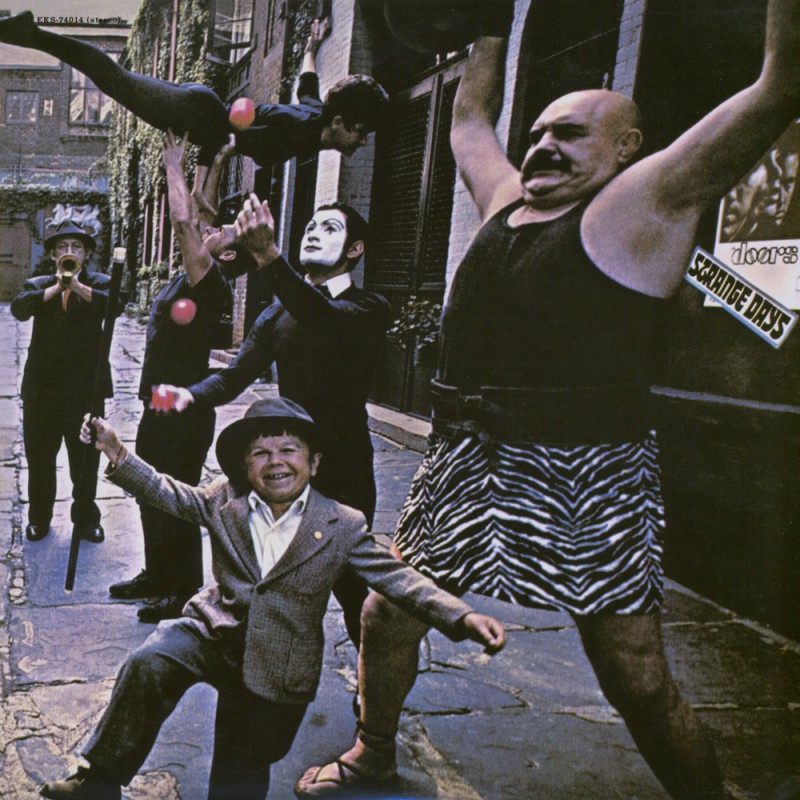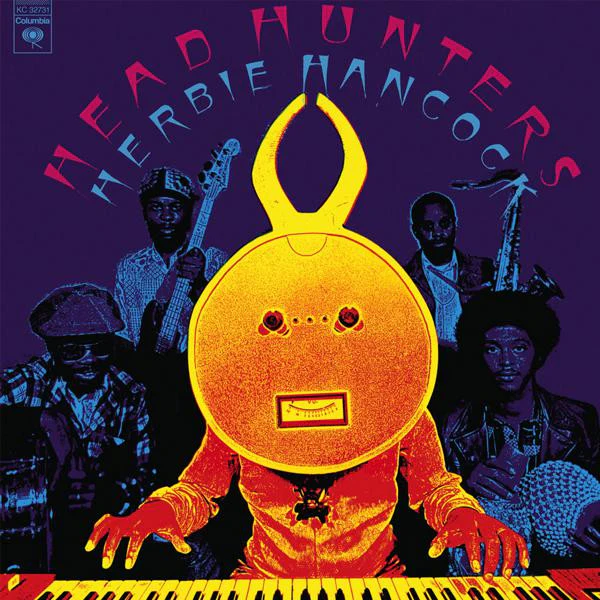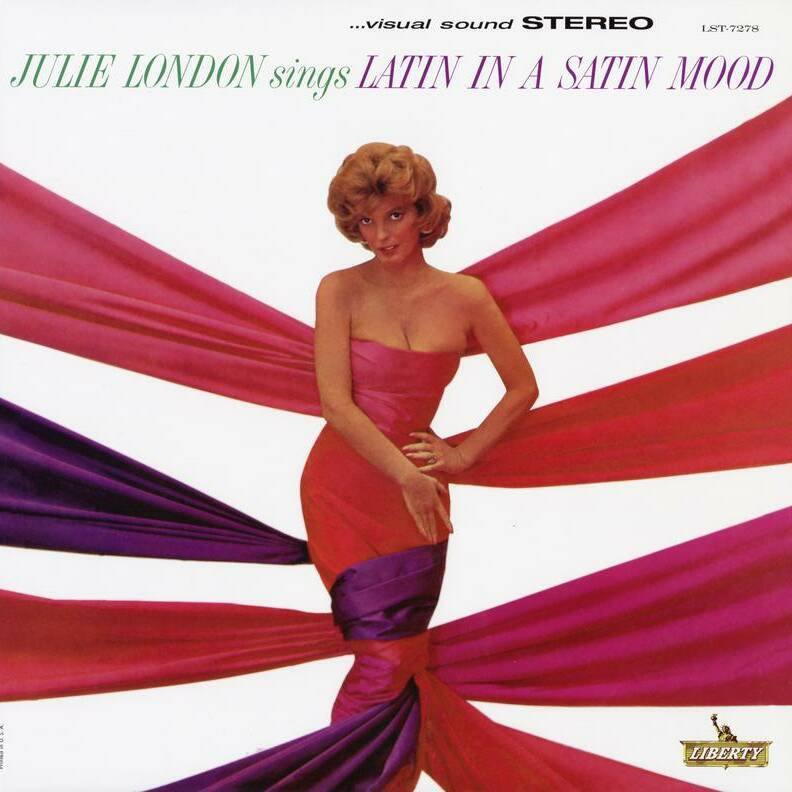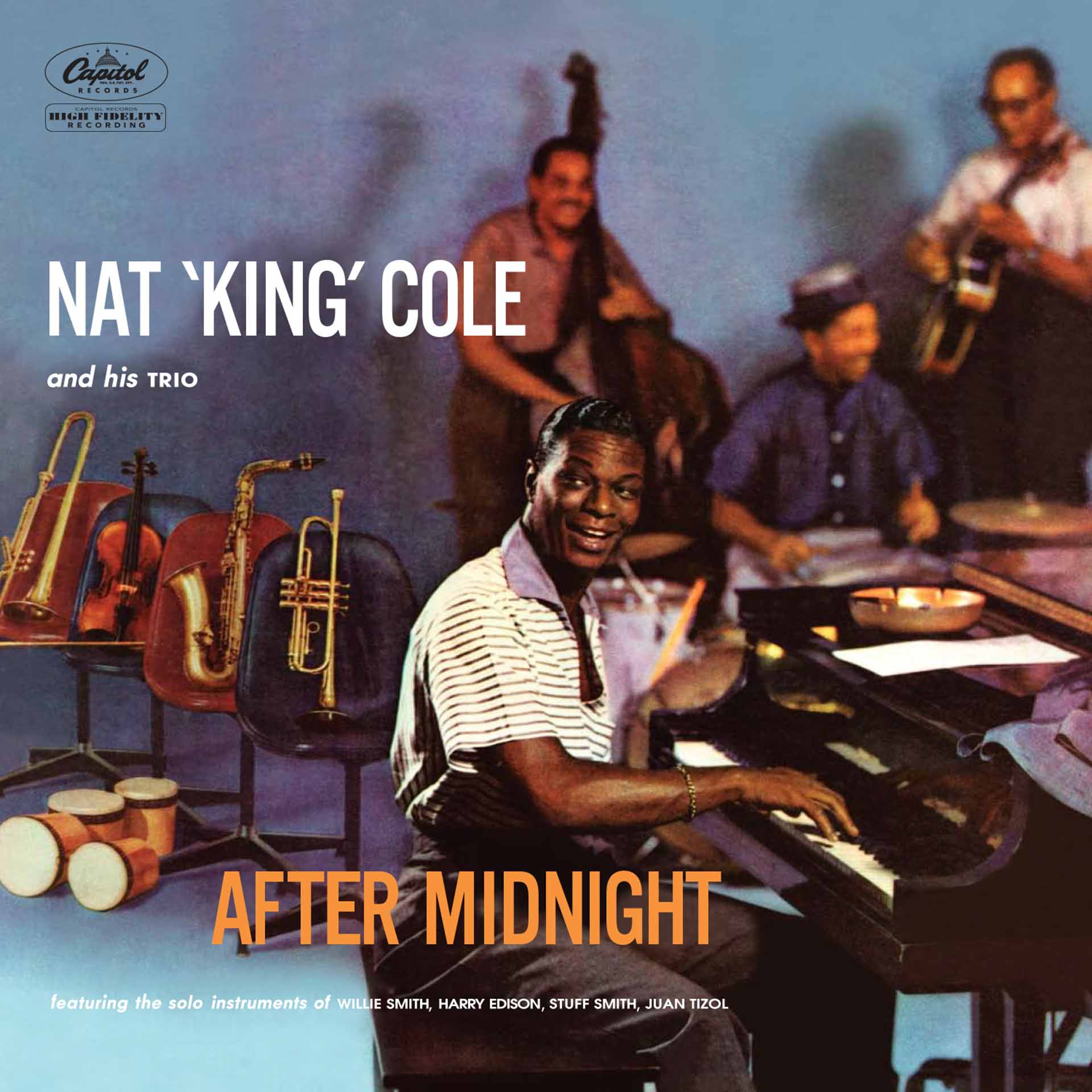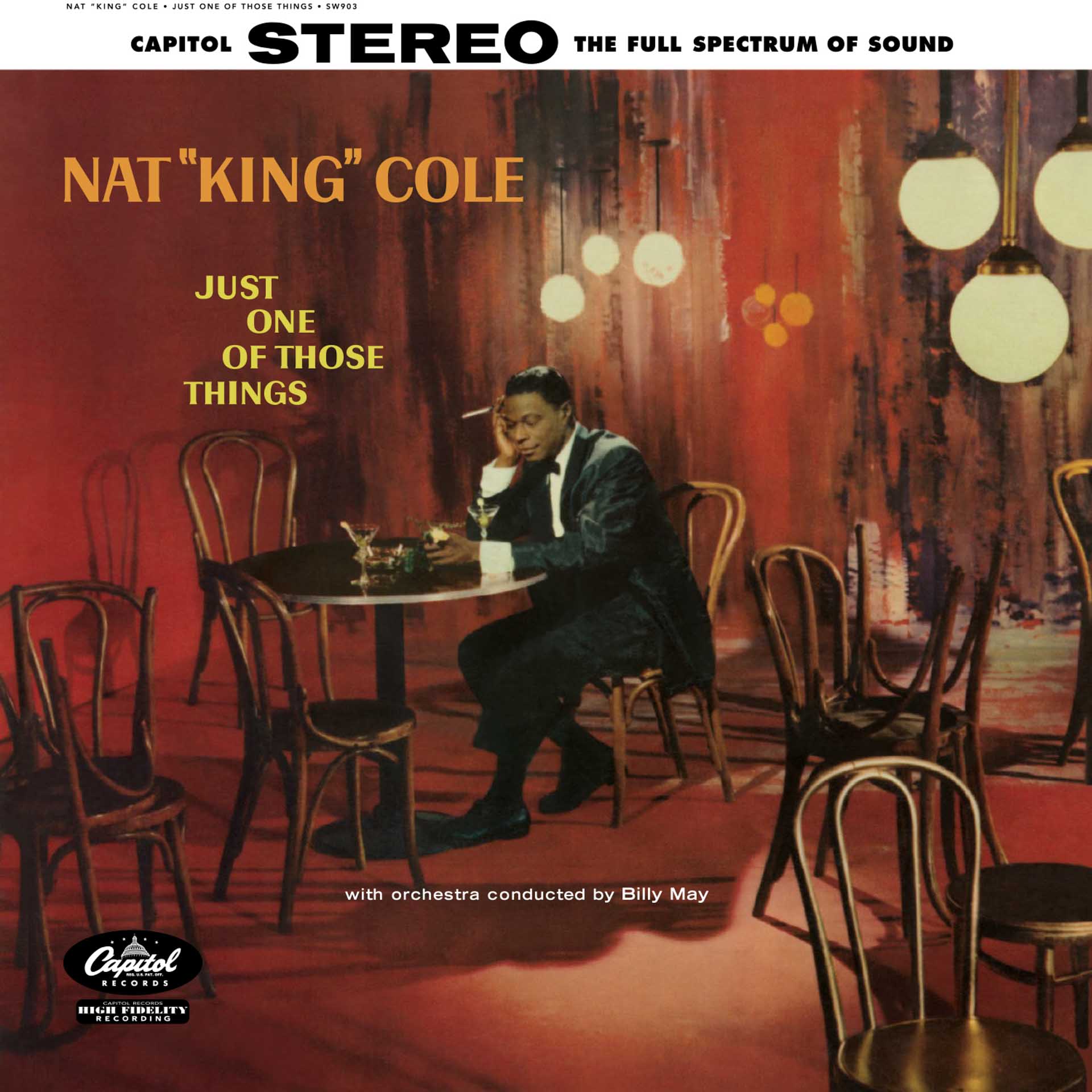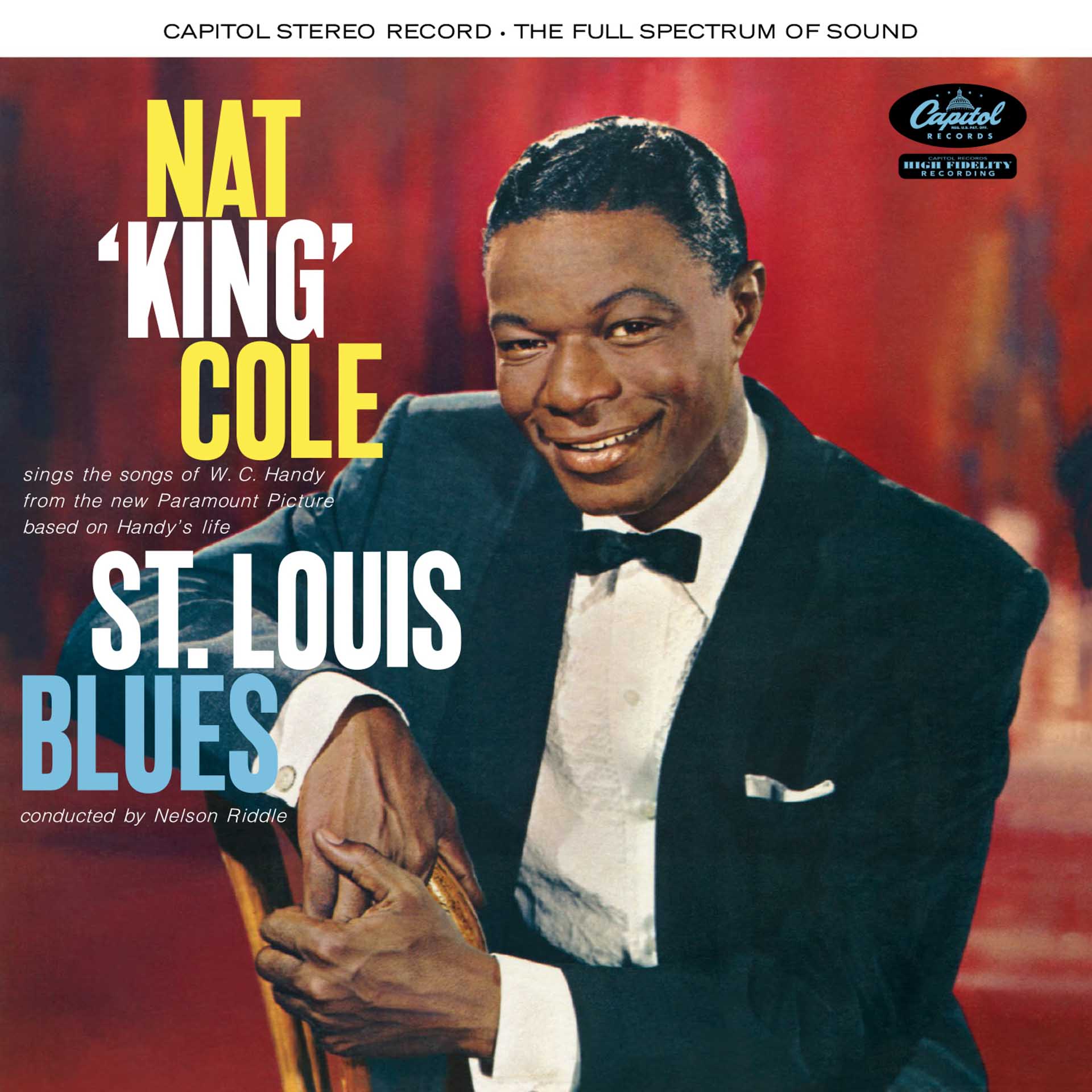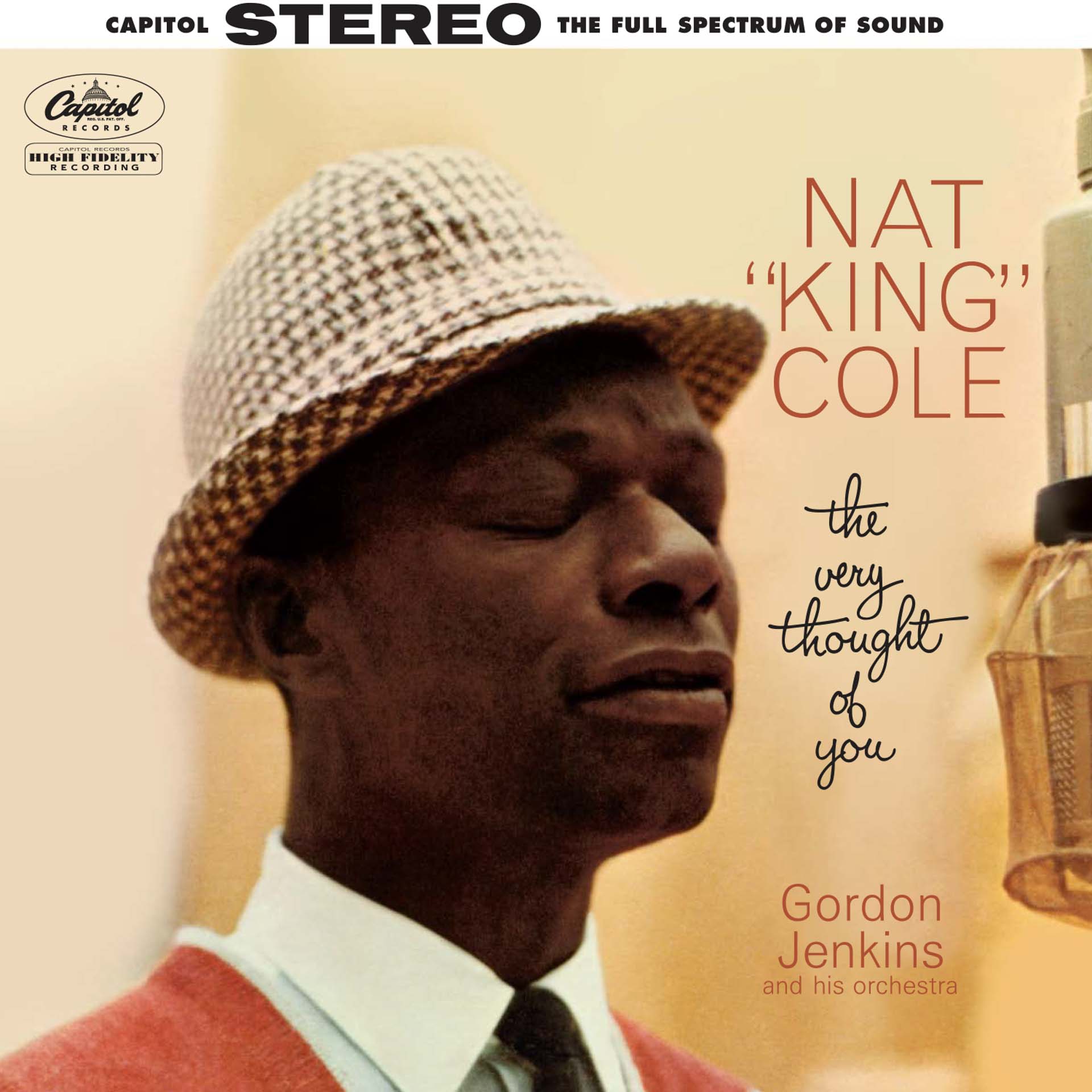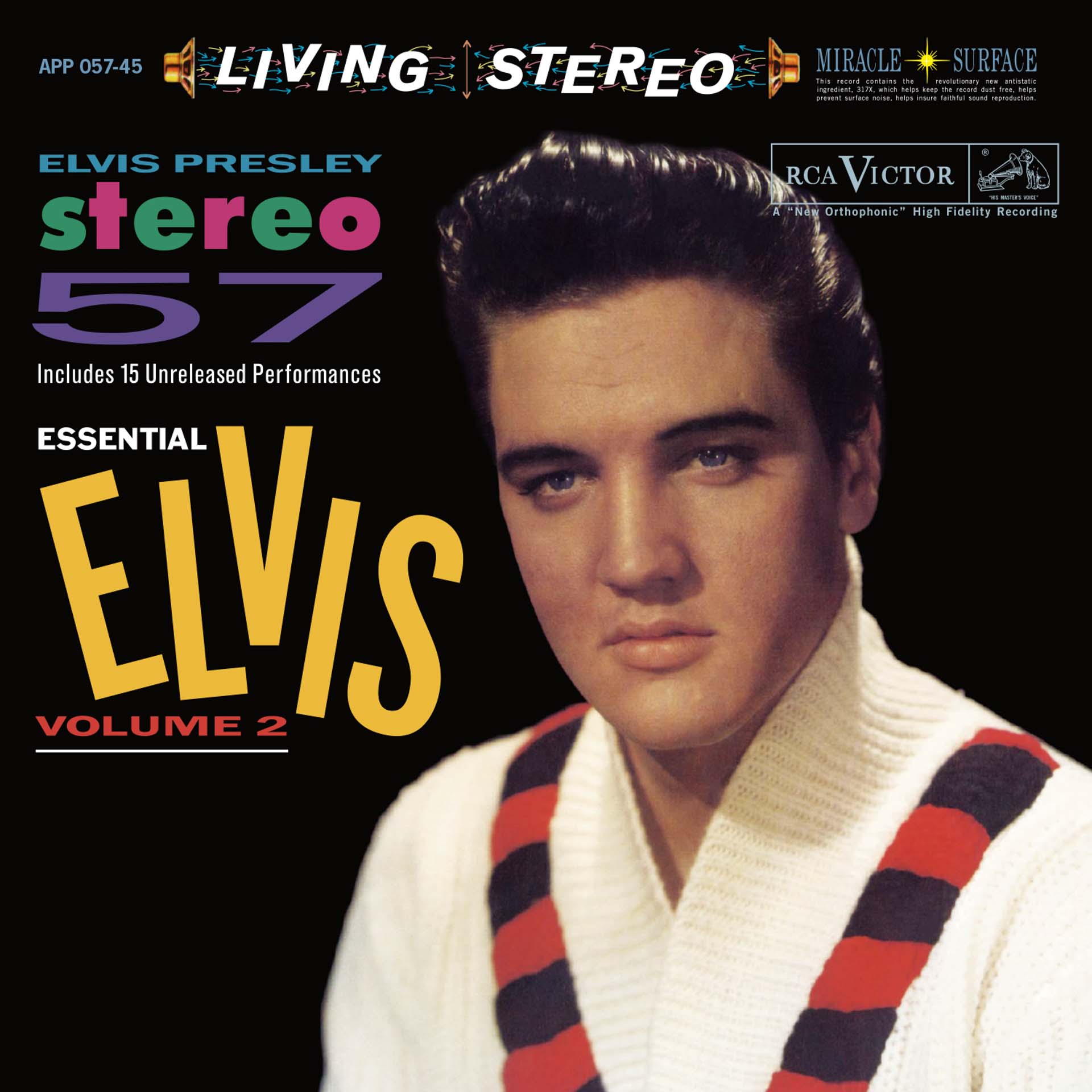45 RPM Vinyl Record
The Doors – The Doors
88,00 €"... To be honest, these are better than I ever dreamed rock music from the sixties could sound. I want to thank everyone at Analogue Productions for bringing me such sweet sounds from some of my…
The Doors – Morrison Hotel
88,00 €"Throughout the record history of the Doors, the goal between Paul Rothchild and myself was to be invisible, as the Doors were the songwriters and performers. Our duty was to capture them in the…
The Doors – Strange Days
88,00 €"... This double 45 offers incredible dynamics, beautiful detail and just comes alive in my room. The drums are so dynamic and alive it is startling on some cuts. Morrison's voice is right there with…
Herbie Hancock – Head Hunters
88,00 €"Listening to the opening track 'Chameleon' on any release will get you feeling funky, but the Analogue Productions 2LP 45rpm release will get you groovin'! ... Analogue Productions does an…
Julie London – Latin In A Satin Mood
88,00 €She was the sultry film starlet-turned-torch singer-come-TV actress whose dusky alto captivated a generation. Julie London was "discovered" while running a department store elevator in Hollywood.…
Nat ‘King’ Cole – After Midnight
108,00 €"...the originals are a distant second to these 45rpm LPs. Cole's voice is up front, and the accompaniment, especially the massed strings, has a colorful vividness. After Midnight was recorded in…
Nat ‘King’ Cole – Just One of Those Things
88,00 €"...in terms of sound, the originals are a distant second to these 45rpm LPs. Cole's voice is up front, and the accompaniment, especially the massed strings, has a colorful vividness." - Marc…
Nat ‘King’ Cole – St. Louis Blues
88,00 €"...if you haven't picked up every one of the Blue Note and Nat King Cole reissues from Chad Kassem and company at Acoustic Sounds, you're really missing out!" - David W. Robinson, Positive Feedback,…
Nat ‘King’ Cole – The Very Thought of You
88,00 €"...if you haven't picked up every one of the Blue Note and Nat King Cole reissues from Chad Kassem and company at Acoustic Sounds, you're really missing out!" - David W. Robinson, Positive Feedback,…
Elvis Presley – Stereo ’57 (Essential Elvis Volume 2)
88,00 €The discovery of these 2-track masters comprising Stereo ‘57 - The Essential Elvis Volume 2, is nothing short of a miracle, and this 200-gram pressing cut at 45 RPM from Quality Record Pressings…

